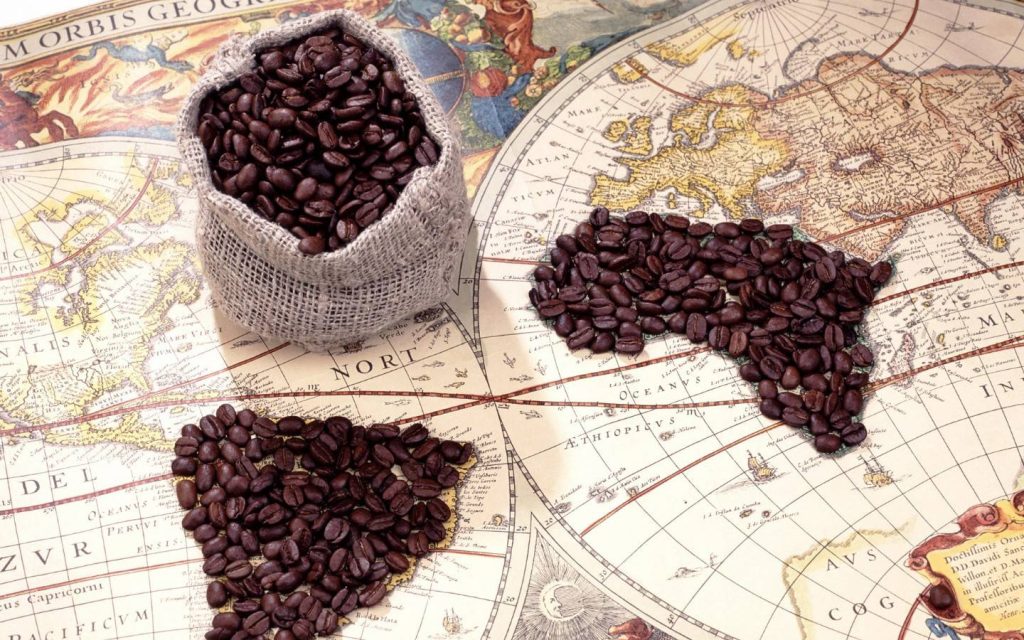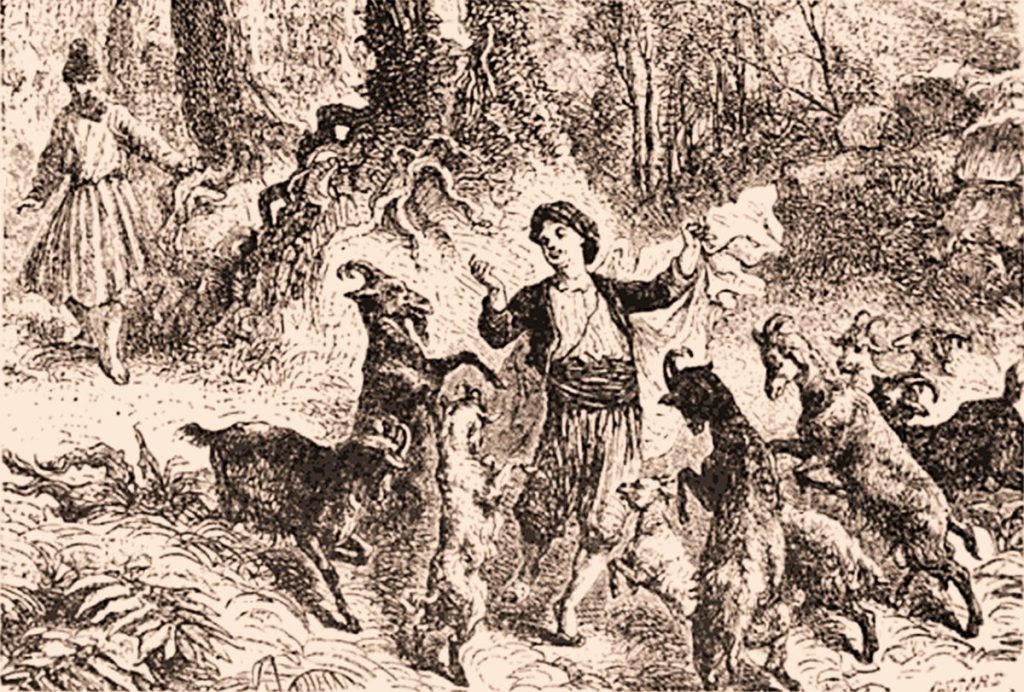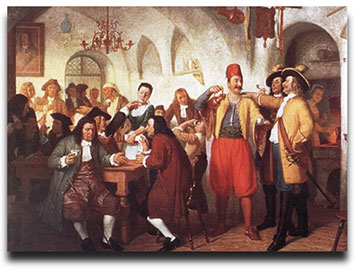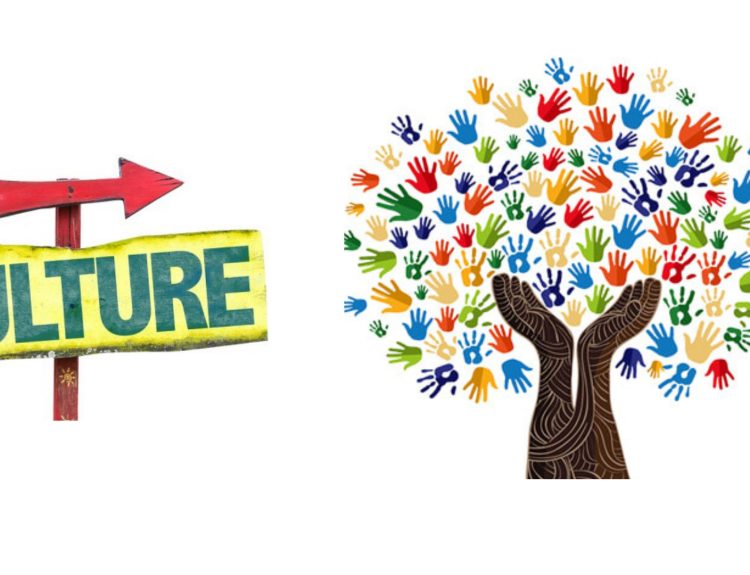Coffee has become a staple in many households and workplaces, providing a much-needed pick-me-up for millions of people around the world. It is a beverage that has played an important role in society for centuries, and its popularity shows no signs of waning any time soon.
After water and tea, coffee ranks as the third most widely consumed beverage worldwide.

The History of Coffee
The origins of coffee are shrouded in mystery, and despite many speculations the exact details of how and when it was discovered remain unknown.
Coffee’s origins can be traced back to the highlands of Ethiopia, where the coffee plant was first discovered. As per the tale, Kaldi, a goat herder, observed that his goats exhibited an unusual surge of energy and vivacity after consuming berries from a particular plant. Impelled by curiosity, Kaldi tasted the berries himself and experienced a stimulating effect. Subsequently, Kaldi informed the abbot of a neighbouring monastery about his discovery, who brewed a beverage with the berries and discovered that it helped him stay attentive during evening prayers. This news soon spread, and people across the region began consuming the fruit of the coffee plant in various ways.

It was then cultivated in Yemen. Coffee cultivation in the Yemeni district of Arabia dates back to the 15th century. From there, coffee spread to other parts of the Arab world, and eventually made its way to Europe and the rest of the world.
Coffee’s popularity grew quickly in the 16th century, as coffee houses (often referred to as “Schools of the Wise”) began to spring up in cities throughout Europe. These establishments became important meeting places for intellectuals, artists, and politicians, and played a significant role in the development of Western culture. Coffee soon became a symbol of sophistication and refinement and was enjoyed by people from all walks of life.
Presently, coffee ranks among the most extensively consumed beverages globally, with an approximate consumption of 2.25 billion cups each day.
Cultural Significance of Coffee
Coffee has become more than just a popular beverage; it has also taken on cultural significance in many parts of the world. From the Middle East to Europe to the Americas, coffee has been woven into the fabric of daily life and social customs.
In many cultures, coffee is not just a drink, but a way to connect with others. In the Middle East, coffee ceremonies are a way to welcome guests and show hospitality. In Europe, coffeehouses have been gathering places for intellectuals, artists, and political thinkers since the 17th century. In the Americas, coffee has become an integral part of morning routines, as people start their day with a cup of coffee and catch up on the news.

Beyond social customs, coffee has also played a role in shaping economic and political history. In many countries, coffee production and trade have been major drivers of the economy. Coffee has also been a source of conflict and exploitation, as colonial powers sought to control the production and trade of coffee in their colonies.
In recent years, coffee culture has continued to evolve, with a growing emphasis on sustainability, fair trade, and the artisanal production of speciality coffee. This has led to a greater appreciation for the craft of coffee roasting and brewing, as well as a deeper understanding of the environmental and social impact of coffee production.
Overall, coffee has become more than just a drink; it is a symbol of social connection, cultural identity, and economic vitality.
Health Benefits of Coffee
In addition to its cultural significance, coffee has been found to have a number of health benefits. Studies have shown that coffee consumption can reduce the risk of several diseases, including type 2 diabetes, Parkinson’s disease, and liver cancer. It has also been found to improve cognitive function, increase alertness, and enhance athletic performance.
However, it is important to note that excessive coffee consumption can have negative effects, such as increased anxiety, permanent changes in the brain, gastrointestinal problems, increase in blood pressure, issues during pregnancy and sleep disturbance. As is the case with any food or drink, the crucial factor is to consume it in moderation.
Conclusion
Coffee is a beverage that has played an important role in the cultural, social, and economic life of many societies throughout history. Its popularity shows no signs of waning, and it is enjoyed by millions of people around the world every day. Whether it is consumed as a morning pick-me-up or a social lubricant, coffee has become an essential part of modern-day society. As we continue to discover new health benefits and explore new ways to enjoy this beloved beverage, it is clear that coffee will remain a part of our lives for many years to come.
References
World Coffee Consumption Statistics
Internation Coffee Organization
Is coffee good for you? Health benefits, disadvantages, and more







